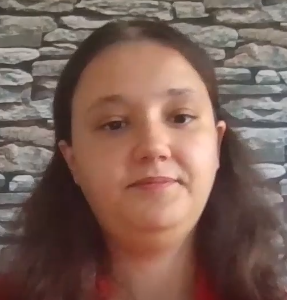An interesting question about property rights is whether people own their own bodies, or whether it’s possible to own a dead body, or parts of the body like an organ.
So, if you get your tonsils taken out, do you own those extracted tonsils? And what if you die – does anyone own your cadaver? Now under English law at least, the default rule is that nobody owns the human body, or any parts of it. So, nobody owns your dead body, nobody owns your extracted tonsils.
There are two main exceptions to this. First, if a body part has been taken out of the body, and then it’s undergone some kind of process to preserve it for medical or scientific purposes, then the person who does the preserving does own the body part. So, if a doctor takes out my tonsils and then he pickles them, and stores them in a jar for medical examination later – the doctor would own my tonsils.
Secondly, there’s also an exception for reproductive products that are produced by the human body, like semen, or eggs. There’s a court case called Yearworth versus North Bristol NHS Trust. In that case, the court held that men have a property right in semen that they gave to a sperm bank for fertility purposes. That property right allowed the men to sue the sperm bank when they negligently lost, or destroyed that semen.
Now, the fact that the human body cannot normally be owned does not mean that you don’t have any rights to your body parts, or that anyone can do whatever you like with a dead body.
There are laws like the Human Tissue Act of 2004, and there are two, Human Fertilisation and Embryology Acts, and these statutes place a lot of rules on what could be legally done with human body parts and dead bodies, and when your consent is needed to do certain things with your body parts. However, these rights are not property rights – you could never legally sell your organs.

